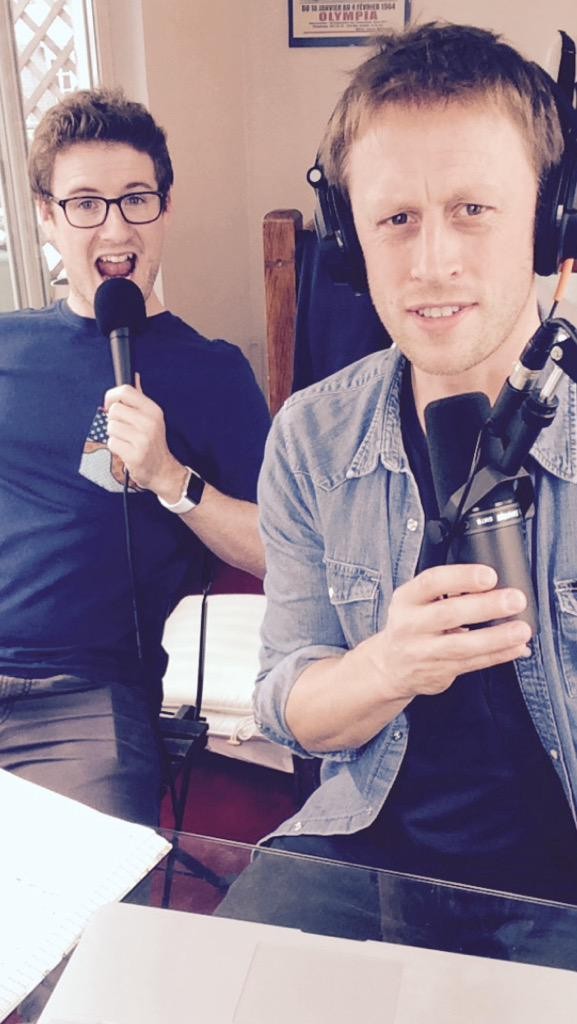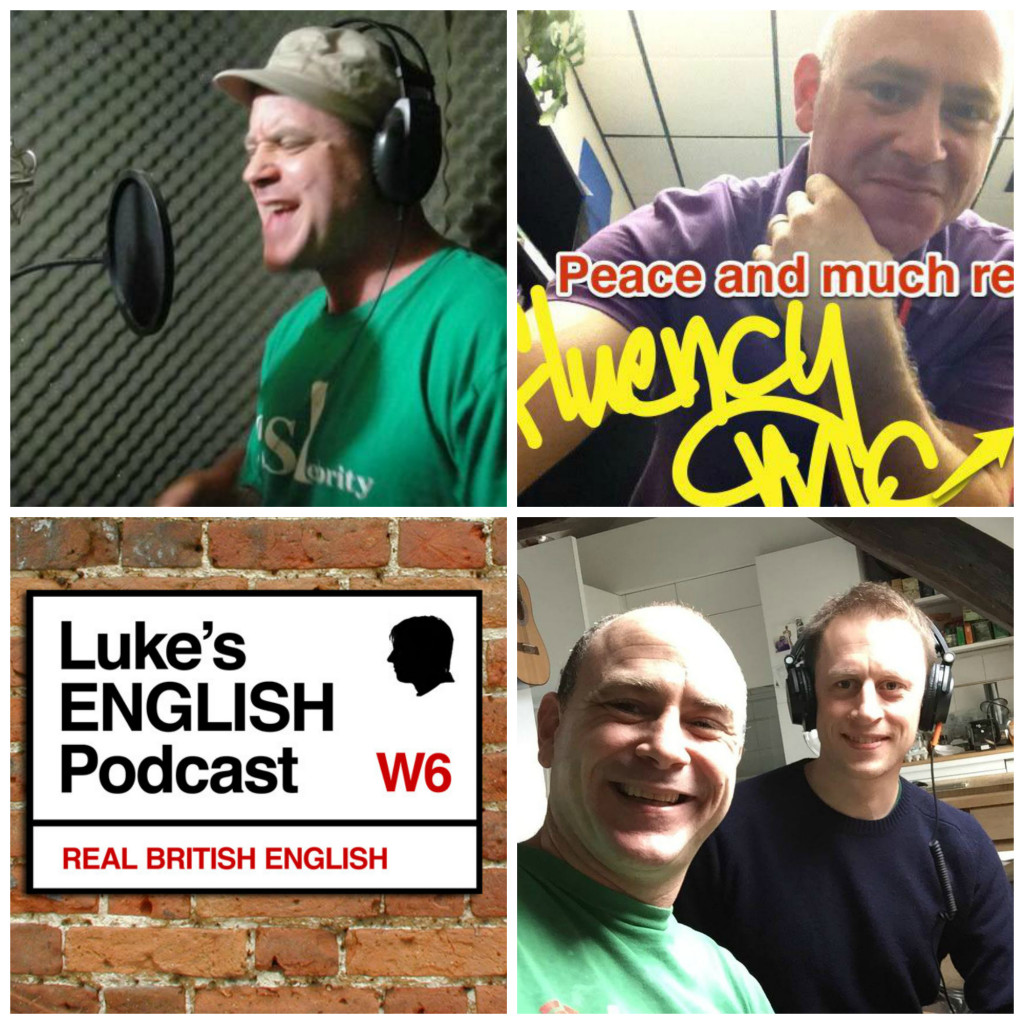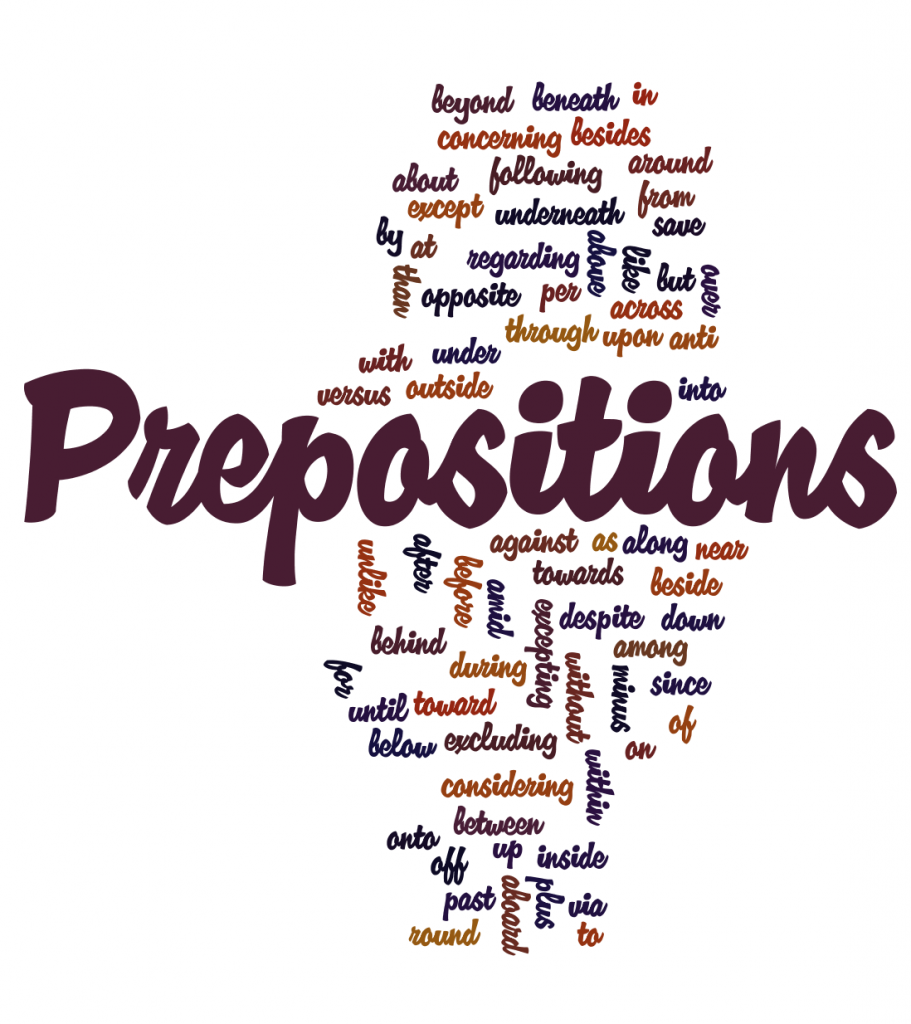Welcome back to this special double episode in which we are planning a bank robbery as part of a communication game. I strongly recommend that you listen to the previous episode because it will help to make this one much easier to understand. In part 1 I explained the rules of this communication game, which involves a team coming up with a plan to rob a bank. I gave you all the key information which the team has to share, I clarified some useful language that you’ll hear and then we listened to the first part of the bank robbery meeting, with our team of Amber, Paul and Sebastian. In this episode you’re going to hear the rest of the meeting, and then we’ll find out exactly what happens to them, and the full solution to the whole puzzle.
![]() [DOWNLOAD]
[DOWNLOAD]
To read all the key information for this bank robbery, go back to episode 298. You can read all the important details there.
Below you can read about the different outcomes of each possible plan, including which plans will get you the most money, and which plans will result in you being caught or killed.
The purpose of these bank robbery episodes is to highlight certain key language for problem solving in meetings, and to enjoy simulating a big bank heist, like in the movies!
Outcomes
When the group have finished planning, and presenting their plans, use this information to find out what will happen as a result of the plan.
Which day?
Monday – The gold will not have been delivered yet! You will get no gold and no diamonds on Monday. Just the cash (£20,000)
Tuesday – If you rob the bank after 11.10AM then you’ll be able to get the gold and cash but not the diamonds.
Wednesday – The diamonds will not be delivered until the evening so robbing the bank on Wednesday means you’ll only get gold and cash, and no diamonds.
Thursday – This is the best day to steal the gold, cash and diamonds.
Friday – This is a bad day because the extra security guards will delay your exit and you’ll be caught in a fire-fight. You’ll either be arrested or killed if you rob the bank on Friday. If you have The Shooter, you won’t be killed (because he’ll kill the cops), but you will be arrested.
Saturday & Sunday – The bank is closed so you can’t go in the front door.
If you choose to enter by tunnel you must rent the shop on Monday and start digging with The Tunnel Expert on Tuesday. Then you can take the gold from the vault on Sunday 8th and escape before anyone notices anything. However, you will only be able to keep the gold. The cash and diamonds won’t be there any more. So, just £100,000,000 – half the money.
What time?
In the morning – Robbing the bank in the morning will delay the cops by an extra five minutes (because of traffic and donuts) so you’ll be able to leave before they arrive. However, you will find it too hard to escape by car because of bad traffic and eventually you’ll be caught.
In the afternoon – The police will arrive in 15 minutes, and your robbery will take 15 minutes so you will meet the police as you leave the bank. If you have guns you’ll be able to provide covering fire to help you escape. If you have The Shooter he will shoot some police and allow you to escape. If you have The Driver you will be able to escape. However, in the afternoon witnesses will see the car chase and will report your number plate to the police. You will be caught eventually.
In the dark (between 6PM and 8PM) – This is the best time to do the robbery. It will take the police 15 minutes to respond. Your robbery will last 15 minutes and you’ll meet the police as you leave the bank. If you have guns you’ll be able to provide covering fire to help you escape. If you have The Shooter he will kill some police officers and help you escape. If you have the inside man he will delay the alarm and the cops by an extra 5 minutes and you don’t need to have a gun fight at all. If you have The Driver he will help you escape the police and get to the safehouse, and it’ll be too dark for witnesses to see your number plate.
Who to take:
The Shooter – If you have chosen to enter the bank by the front door he can help you to escape the bank if the cops arrive as you are leaving. However he will probably kill police officers and possibly some hostages too, and you want to avoid unnecessary killings. If you are caught eventually, your prison sentence will be far more severe.
The Inside Man – You need him to find the correct entry point in the vault for the tunnel. Without the Inside Man your tunnel will not find the vault and you won’t get any of the money. Also, if you enter by the front door he will delay the alarm and the police by an extra 5 minutes. This means you don’t need to have a gun fight and no killing will be necessary.
The Driver – If you choose to enter the bank by the front door you will definitely need the driver to escape from the cops by car. If you raid the bank by front door without The Driver you will be caught or shot. If you have The Shooter and The Driver – you’ll definitely be shot. It’ll be a bloodbath.
The Safe Cracker – He is unnecessary as you can either dig into the vault or persuade a member of staff to let you in. You don’t need The Safe Cracker and you will fail if you pick him (because the other people are more useful)
Jimmy The Informant – Don’t trust Jimmy The Informant. He’s made a deal with the police to keep him out of prison. He will tell you nothing useful about the police. In fact, he will just tell the police everything about your plans. The police will already be there, undercover, and you’ll be either arrested or killed.
The Tunnel Expert – You need his skills and expertise if you plan to enter the bank by tunnel. If you tunnel into the bank without him it will take 7 days and that is too late.
How to enter the bank
By the front door – You will need to employ The Driver and either The Inside Man or The Shooter to help you deal with the police when you leave. If you enter by the front door without The Driver and one of the other guys then you will fail.
By tunnel – You’ll need to rent the shop on Monday so you can start digging on Tuesday. You must bribe the shop owner so he doesn’t tell the police your real name (so, deduct £5m). You need The Inside Man to tell you how to find the vault. You need The Tunnel Expert to dig the tunnel in 5 days. If you start digging on Tuesday then you can enter the vault on Sunday and take the gold without anyone noticing. However, if you do this you’ll only take the gold and no diamonds or cash. Total amount: £95m in gold.
Masks or no masks?
With masks – The staff will immediately realise it is a robbery. Then they will raise the alarm. You’ll have 15 minutes before the police arrive. That is enough time, especially if you use The Inside Man to delay the alarm.
Without masks – Your face will be captured by the CCTV cameras and you will eventually be caught by the police, even years later.
You don’t need masks if you choose to enter by tunnel.
Guns or no guns?
Guns – You can use them to persuade a staff member to open the vault, so you don’t need The Safe Cracker. Using guns will make the punishment more serious, but who cares!
No guns – This will reduce your prison sentence if you get caught. You will need The Safe Cracker to get into the vault because you won’t be able to persuade someone to do it for you in time. You won’t be able to fight the police and escape. You will need guns for this robbery. You should definitely take some guns. Without guns you will fail the robbery.
How will you enter the vault?
If you have chosen guns then you can persuade someone to let you into the vault. If you are tunnelling, then you need The Inside Man to help you find the location of the vault.
What will you steal?
This depends when and how you plan to enter the bank. The best option is to steal all the gold, cash and diamonds but you can only do this on Thursday after 6PM by entering through the front door (see Thursday above). If you tunnel in and arrive on Sunday you can only steal the gold.
The BEST plan
Rob the bank on Thursday between 6-8pm when it is dark. Wear masks and carry guns. The Inside Man will delay the alarm, delaying the cops by 5 key minutes. You can use a gun to persuade someone to open the vault. You can get the gold, cash and diamonds into the van in 15 minutes and drive away without being spotted at all. The police will arrive 5 minutes late because of the delayed alarm. The police will have no idea who robbed the bank, you will not have to kill anyone and you can get maximum money this way.
People: The Driver and The Inside Man
Another good plan: Rent the shop on Monday. Bribe the shop owner and give a fake name for the rental records. Start digging on Tuesday. The Inside Man will tell you where to dig the tunnel. The Tunnel Expert will help you to dig it properly. Finish digging on Sunday. Move the gold out of the vault before Monday morning. Take the gold to the shop through the tunnel. Drive the van to the safehouse. No one will ever know who did it. …however, there is a weak link here – the shop owner. He has to pretend that he had no idea about the plan, and he has to be very discreet about the money. If the police threaten him, he might give in under pressure and describe your appearances.
People: The Inside man and The Tunnel Expert.
The Plan Chosen by Amber, Paul and Sebastian
Go in with masks but no guns, on Thursday evening at 6.30. The alarm goes off. The police are on their way. Use the safe cracker to open the vault in 2 minutes. Fill your bags with gold, cash and diamonds, in 10 minutes. You’re out and in the car about 3 minutes before the police arrive. You manage to escape with all the money! It’s a bit risky because it’s a bit tight because you’re leaving just 3 minutes of escape time, but with the getaway driver you can do it because there isn’t too much traffic on the streets, due to the big international football game between England and France, which is on the TV.
[socialpoll id=”2296562″]





































